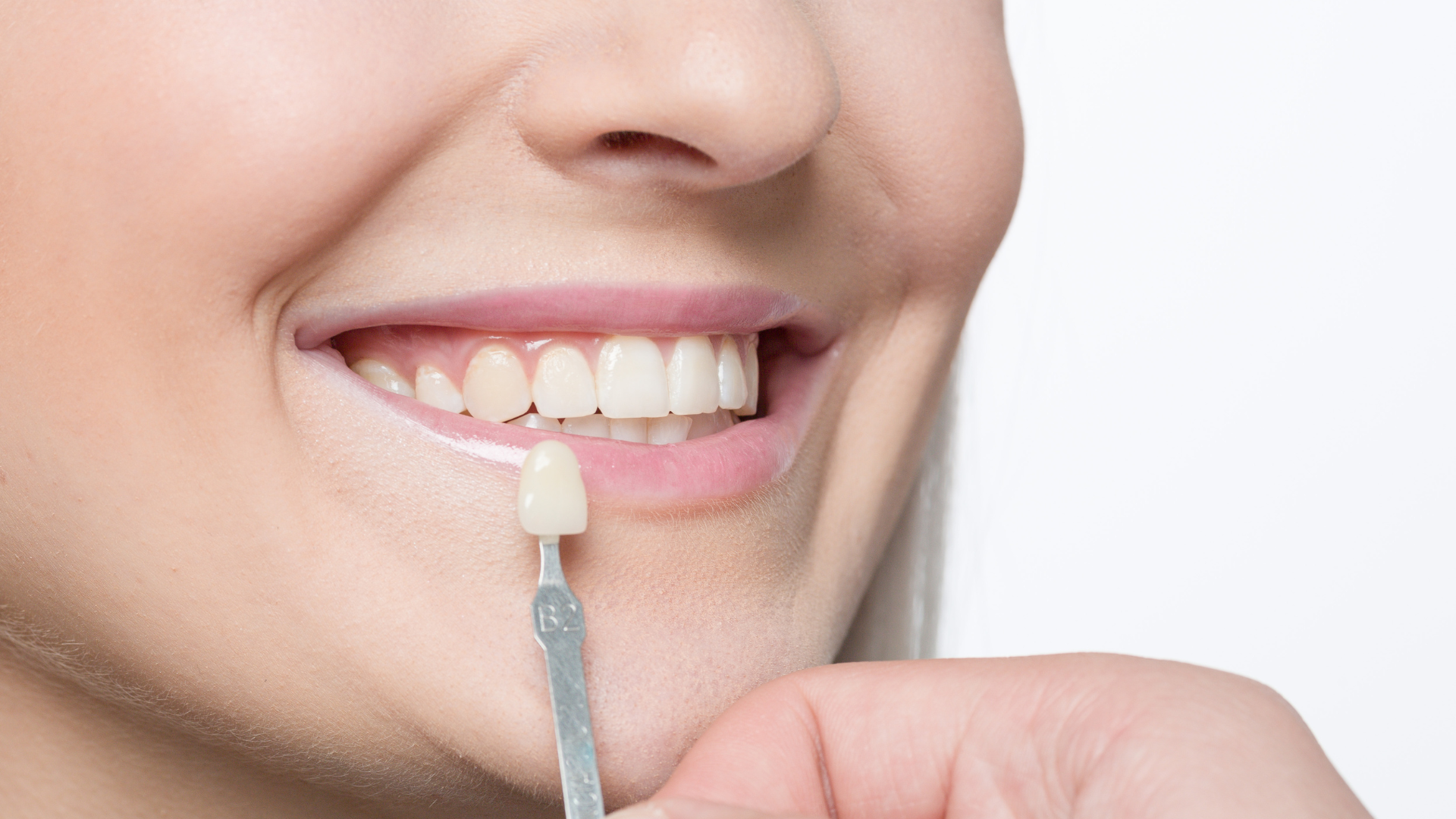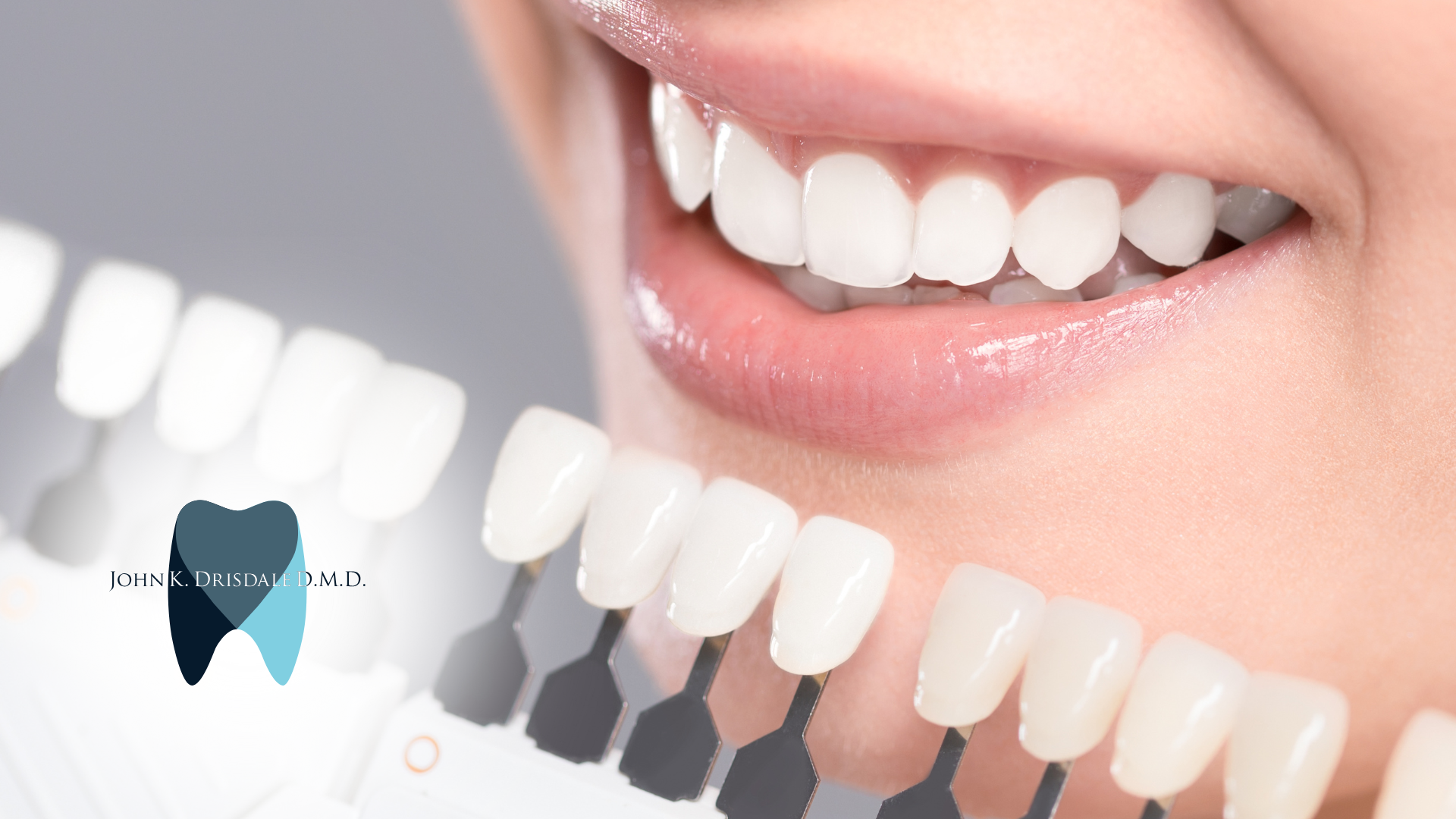How to Rehydrate Your Teeth After Whitening: Simple Tips for a Healthy Smile

Teeth whitening is one of the most popular cosmetic dental treatments available, giving you a bright, confident smile. However, one common side effect after whitening is temporary tooth dehydration, which can lead to sensitivity. Fortunately, there are easy ways to rehydrate your teeth and keep them healthy after whitening. This article will explore simple, effective techniques to restore moisture and comfort to your teeth, maintaining a beautiful, healthy smile. Whether you've recently had whitening treatment or are exploring other cosmetic options like dental veneers in Midland, TX, these tips from your local dentist can help ensure lasting results.
Why Rehydration is Important After Teeth Whitening
Whitening treatments typically use peroxide-based agents to remove stains. These agents penetrate the enamel and break down discoloration, leaving a brighter smile and temporarily dehydrating the teeth. This dehydration can increase sensitivity as the enamel becomes more porous, exposing nerves to external stimuli like hot or cold temperatures. To counteract this, rehydration will restore comfort, reduce sensitivity, and protect your teeth's integrity.
Simple Tips to Rehydrate Your Teeth
If you've recently whitened your teeth, following these rehydration tips can help restore moisture and maintain a comfortable, healthy smile:
1. Drink Plenty of Water
Water is the simplest and most natural way to help rehydrate your teeth after whitening. Drinking water flushes away any whitening residue and helps stimulate saliva production. Aim to sip water throughout the day, especially within the first 24-48 hours after whitening treatment. Proper hydration restores moisture levels in your teeth and promotes overall oral health.
2. Use Fluoride Products
Fluoride is a powerful mineral that strengthens enamel and helps retain moisture. After whitening, using fluoride toothpaste or mouthwash can be highly beneficial. Many dental offices, like your local dentist in Midland, TX, may recommend fluoride treatments post-whitening, as fluoride helps reduce sensitivity by creating a protective barrier around the teeth.
If you're considering further cosmetic options, such as dental veneers in Midland, TX, fluoride products are also an excellent way to protect enamel and enhance the durability of your smile makeover.
3. Avoid Foods and Drinks That Cause Dehydration
Certain foods and drinks can exacerbate dehydration, especially following a whitening treatment. Avoid acidic beverages like coffee, wine, and soda, as they can weaken enamel and contribute to sensitivity. Spicy or salty foods can also pull moisture from your body and mouth. Instead, choose water-rich foods, like cucumbers, watermelon, and celery, to support hydration.
4. Use a Remineralizing Gel
Remineralizing gels are available over-the-counter or from your dentist in Midland, TX, and work wonders for post-whitening sensitivity. These gels contain calcium, phosphate, and sometimes fluoride, key minerals that strengthen enamel and retain moisture. Apply a remineralizing gel as directed by your dentist or as part of your post-whitening care routine to keep your teeth strong, hydrated, and comfortable.
5. Chew Sugar-Free Gum
Chewing sugar-free gum stimulates saliva production, a natural way to rehydrate your teeth and maintain moisture levels after whitening. Saliva is a natural buffer that protects enamel from acid erosion and prevents dryness. Xylitol-containing gums are especially helpful, as they help reduce bacteria levels and promote a healthier oral environment.
How to Maintain Your White Smile with Optimal Hydration
Keeping your smile bright and healthy involves a few ongoing habits, especially if you've invested in whitening or other cosmetic procedures, such as dental veneers in Midland. Here are a few additional pointers for maintaining a hydrated, dazzling smile:
- Hydrate Regularly: Drinking enough water daily promotes saliva production and helps keep your mouth’s pH balanced.
- Limit Staining Beverages: After whitening, try to reduce intake of coffee, tea, and wine, as these can quickly discolor teeth.
- Use a Humidifier: Dry indoor air can cause mouth dryness, especially overnight. Using a humidifier in your bedroom can promote moisture retention and minimize dryness in your mouth and nasal passages.
When to Consult a Dentist in Midland, TX
If you’re experiencing persistent sensitivity after whitening or considering cosmetic enhancements like dental veneers, it’s wise to consult a qualified dentist in Midland, TX. They can recommend treatments tailored to your needs and advise on the best products for rehydrating and maintaining a healthy smile. For example, fluoride varnish applications, custom desensitizing agents, or veneers may be recommended to help you achieve lasting results.
Conclusion
Rehydrating your teeth after whitening doesn’t have to be complicated. Simple steps like drinking water, using fluoride products, and choosing saliva-promoting techniques can go a long way toward restoring moisture, reducing sensitivity, and preserving the brightness of your smile. By following these accessible practices, you can enjoy the benefits of your whitening treatment with maximum comfort and protection. For personalized care or to learn more about other cosmetic options like dental veneers, reach out to a dentist in Midland, TX, for expert guidance. A hydrated smile is a healthy smile—start these habits today to keep yours looking its best!
By incorporating these rehydration tips, your smile will remain radiant and comfortable long after your whitening treatment, keeping your teeth healthy and beautiful. For anyone interested in enhancing their smile further, cosmetic options like veneers in Midland can offer another layer of aesthetic improvement, creating a smile you’re proud to show off.
FAQs About Teeth Whitening
How long does teeth whitening last?
Teeth whitening results can last from a few months up to three years, depending on lifestyle factors like diet, smoking, and oral hygiene habits. Avoid staining foods and drinks, and practice good oral care to help maintain your results longer.
Does teeth whitening cause permanent sensitivity?
Teeth whitening can cause temporary sensitivity, which usually resolves within a few days after treatment. Using fluoride or desensitizing products and following a rehydration routine can help reduce any discomfort. If sensitivity persists, consult with a dentist for further guidance.
Can I whiten my teeth if I have dental veneers or crowns?
Whitening treatments don’t work on veneers, crowns, or other restorations. If you have veneers or crowns and are interested in whitening, discuss options with your dentist in Midland, TX, to ensure even results and consider professional guidance for alternative cosmetic treatments.
How often should I whiten my teeth?
Waiting at least six months between professional whitening sessions is generally recommended. Over-whitening can harm the enamel, so it’s best to consult your dentist for a personalized recommendation based on your needs.
What should I avoid after whitening my teeth?
After whitening, avoid staining foods and drinks like coffee, red wine, tea, and dark sauces for at least 24–48 hours, as teeth are more susceptible to staining right after treatment. Acidic and sugary foods should also be minimized to reduce sensitivity.
Is professional whitening better than at-home kits?
Professional whitening typically delivers faster, more dramatic results and is supervised by a dentist to ensure safety and effectiveness. At-home kits can be a good option for maintenance or if professional treatment isn’t available, though they usually work more gradually.
Can I whiten my teeth if I have sensitive teeth?
Yes, but it’s best to consult your dentist for a sensitive-friendly whitening option. Many dental offices offer lower-concentration whitening agents or shorter treatment times for sensitive individuals, as well as post-whitening rehydration and desensitizing treatments to increase comfort.
Does whitening damage enamel?
When done correctly, teeth whitening is safe and doesn’t damage the enamel. However, overuse or improper application of whitening products can weaken enamel. Always follow the guidelines from your dentist or the product’s instructions to protect your teeth.
How soon can I see results from teeth whitening?
Professional teeth whitening often shows results immediately or within a few days. At-home whitening kits may take longer, usually a couple of weeks, to achieve noticeable brightness.
Is teeth whitening safe for everyone?
Teeth whitening is generally safe for most adults, but it may not be recommended for people with untreated dental issues, pregnant or breastfeeding women, or highly sensitive teeth. Consulting a dentist before starting any whitening treatment is the best way to ensure it’s right for you.
Disclaimer: This blog is for informational purposes only and should not be considered medical advice. Always consult with a qualified dental professional for personalized care and recommendations regarding your oral health and dental veneers. The results of dental treatments may vary based on individual circumstances. For professional evaluation and treatment, please contact Dr. John K. Drisdale DMD.



